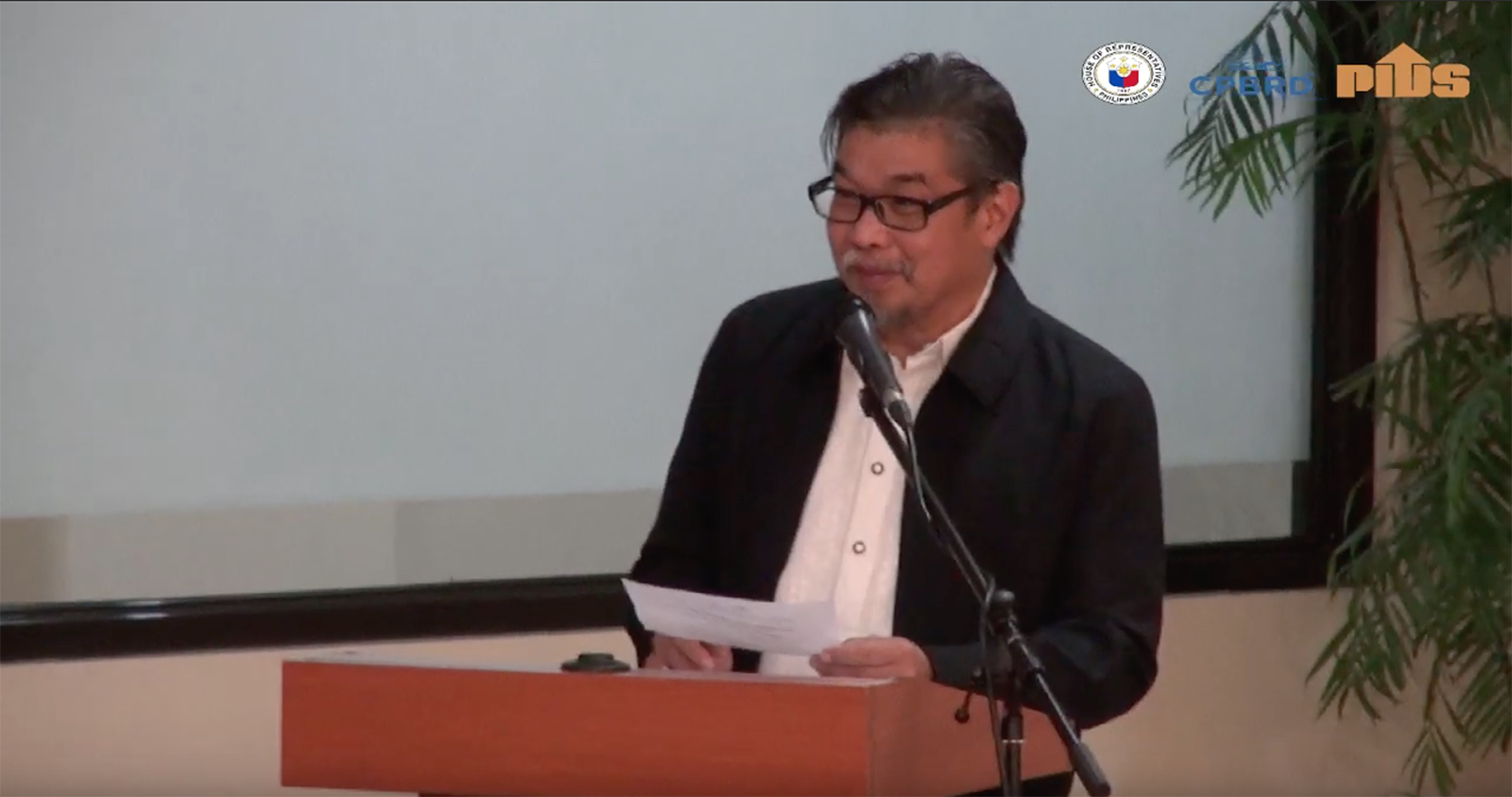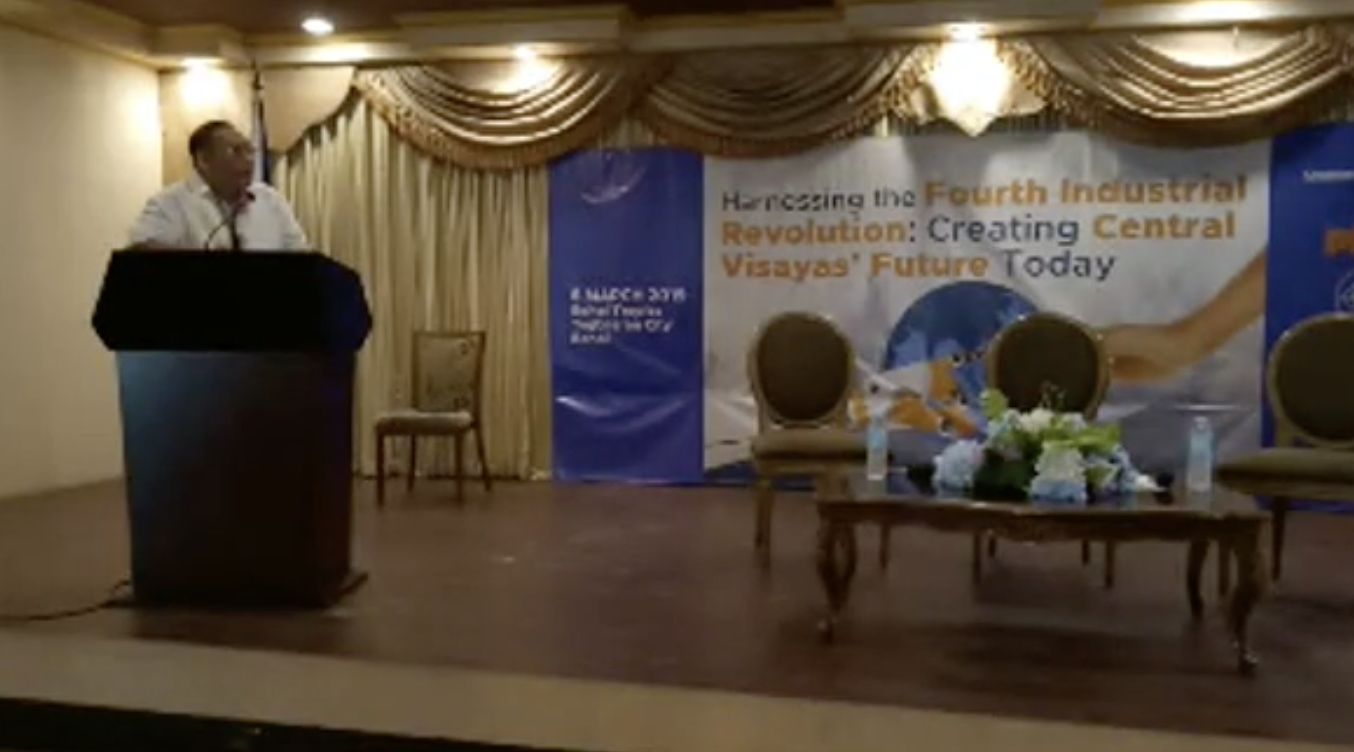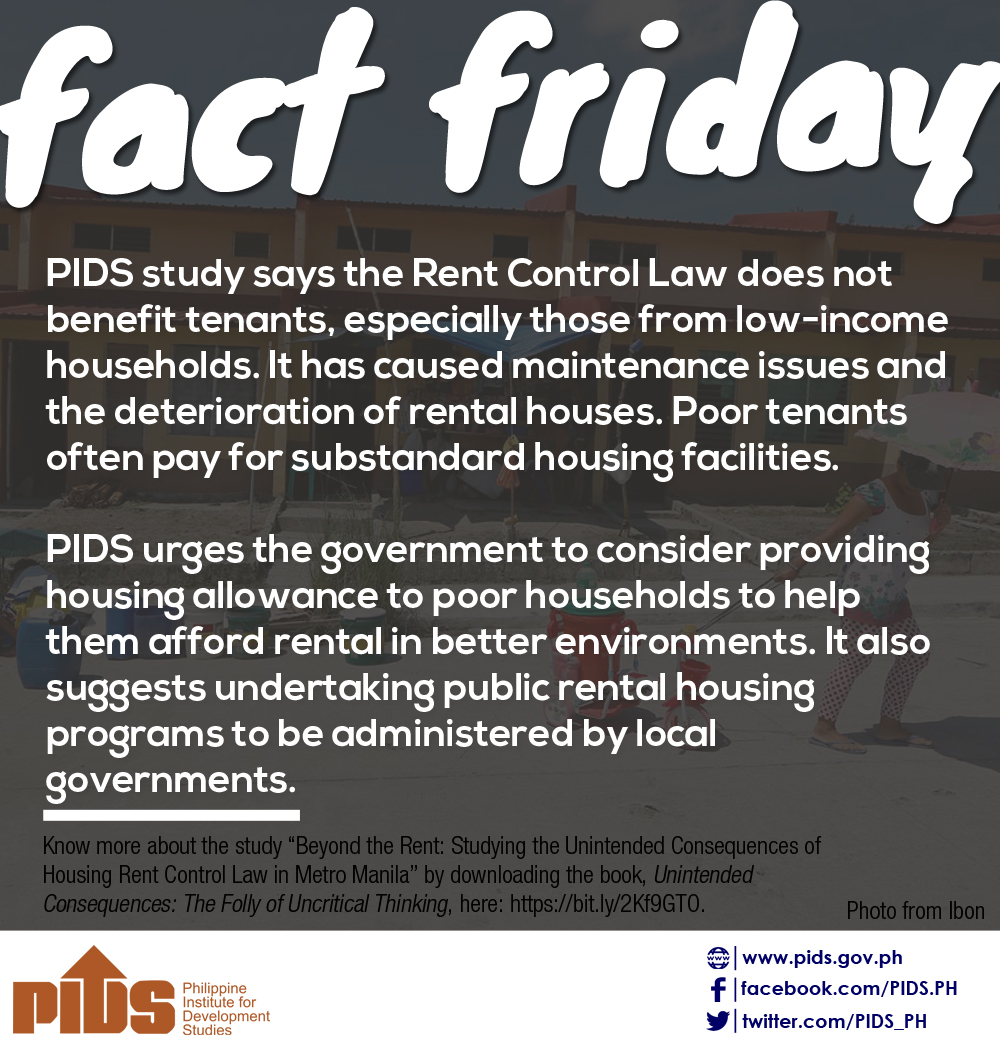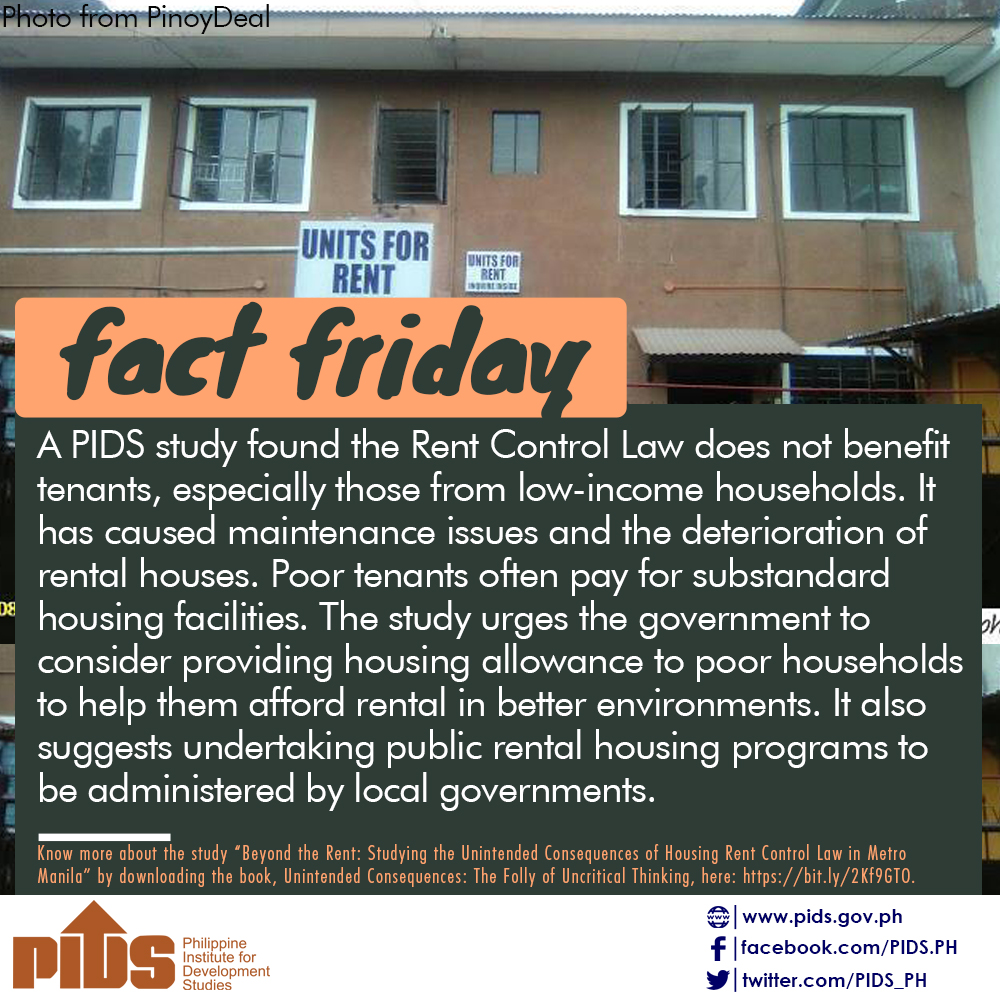MANILA, Philippines — A bill creating a congressional body that would conduct a three-year review and assessment of the country's education system lapsed into law on July 23.
Republic Act No. 11899 creates the Second Congressional Commission on Education (EDCOM II), which is tasked to conduct a national review of the country’s education sector after the COVID-19 pandemic exacted a heavy toll on learning.
“Batas na po ang EDCOM II! Para iangat ang kalidad ng edukasyon, hindi na natin maaaring ipagpaliban ang pagpapatupad ng mga kinakailangang reporma,” Sen. Sherwin Gatchalian, the bill’s sponsor and co-author, said in a tweet on July 26.
EDCOM II’s assessment will include studying the mandates being fulfilled by the Department of Education (DepEd), the Commission on Higher Education (CHED) and the Technical Education and Skills Development Authority (TESDA) according to what’s prescribed in the law.
The review also aims to identify the factors that lead to students’ poor performance and recommend ways that agencies can address hiccups in education delivery in terms of access, inclusivity and quality.
State think tank Philippine Institute for Development Studies (PIDS) will serve as the congressional body’s research arm.
The country was confronted with its laggard status in education last year after a World Bank report synthesizing international assessment results showed students in the Philippines ranking lowest and second to the lowest in reading, science and math.
“Sa pamamagitan ng panukalang EDCOM II, mabibigyan natin ng kaukulang pansin ang krisis sa sektor ng edukasyon, lalo na't pinalala ito ng pandemya ng COVID-19," said Gatchalian after the bill’s ratification in May.
Timely review
The Philippine Business for Education (PBEd) said in a tweet on July 27 that the law is “a step forward towards addressing the learning crisis.”
Despite the DepEd getting the biggest slice of the pie in the government’s budget every year, the country’s education funding only amounts to 3% to 4% of the country’s Gross Domestic Product – less than the global recommendation of 6%, PBEd Executive Director Love Basilotte said in an interview with DZRH on June 10.
“Lumalaki at lumalaki yung budget ng para sa edukasyon, but unfortunately, hindi pa sya sapat sa pangangailangan natin dahil may learning crisis,” Basilotte added.
Basilotte also said in the same interview that unlike the first EDCOM in 1991, representatives from different sectors, including the private sector, can sit on an advisory committee to suggest solutions to the learning crisis for EDCOM II.
Findings from the 1991 EDCOM report ushered in sweeping reforms in the education system. Among others, it led to the creation of CHED and the TESDA to allow the then-Department of Education, Culture and Sports to focus on basic education, which covers elementary, secondary and non-formal education, as well culture and sports.
This "trifocalization" of agencies where each agency manages its own component of education — CHED with higher education and TESDA with post-secondary skills training — was implemented “at a time when a good number of countries were dividing up various aspects of education,” DepEd Secretary Leonor Briones said in a forum on the first congressional committee on education in 2021.
In the same forum, Gatchalian presented some of the “critical areas” that DepEd recommended should be the focus of the three-year national review based on discussions initiated by the technical working group: the language of instruction, trifocalization, technology in education and K to 12 implementation.
More Filipino adults are growing dissatisfied with the implementation of the K to 12 program, according to a Pulse Asia survey conducted from June 24 to 27.
A total of 44% of respondents out of 1,200 Filipino adults nationwide said they were “dissatisfied” with the program. This is 16 percentage points higher than the survey results in September 2019, which showed that 28% of the respondents were not satisfied with the government's K to 12 program.
PBEd urged lawmakers who will take part in EDCOM II to include a review of the K to 12 program as one of its initial action points, according to a July 28 BusinessMirror report.











